This post is also available in: Français (French) Deutsch (German)

The companies’ dependencies on nature. Great topic, which has always existed in companies, but which has undergone some very interesting developments.
As much as the impacts of companies on #nature become a subject properly covered (tools, reporting, laws,..), dependencies remain quite under their radars. The #tnfd always combines impacts and dependencies, #SBTN don’t evaluate them, the #CSRD refers to the #tnfd. Indeed, companies have generally integrated this link into their risk management, but indirectly, without monitoring variations in the provision of nature’s services. They use financial indicators that omit part of the risk (impact of the #globalwarming , depletion of the #ecosystem concerned, probability of new protection,…).
Will the management of these dependencies develop within companies? This is a €3 trillion question (as a reminder 1 trillion = 1 million million 🙁) . Yes, it is the sum of the highly nature-dependent assets managed by European banks (European Central Bank, 2023). And the health of the majority of nature’s services is poor (see figure below). So yes, this topic is likely to expand.
Taskforce on Nature-related Financial Disclosures (TNFD) provides a very concrete framework (“dependency pathway”) to define its dependencies with three variables: what changes in the company’s activity, the resulting state of nature, and the subsequent availability of the service. Just starting to describe its main dependencies in this way will open up new perspectives and solutions (#innovation). See figure below on this pathway.
The tools to identify and prioritize risks already allow for a serious assessment. Their variety makes it possible to adapt to every budget. The #BiodiversityRiskFilter prioritizes risks, in addition (on the basis of the location, apart from the specificities of each company). However, online catalogues can save time. See figure below for details.
Moreover, this dependence is also experienced by each of us. It is also an opportunity because providing well-being and health. 120 minutes per week is enough, and no need to climb Everest (Tenzing and Hillary, 1953 😆). It is a powerful lever to activate colleagues, with places that inspire (e.g. Nature et Découvertes Center, Versailles, France). See the figure below for other actions that help you get through the winter and experience nature.
Finally, to understand your companies’ dependencies, nothing beats moving and confronting your limits. Thank you to all the participants who took part in the activity Wigii.org-nature. Geological time to provide oil, millennia to benefit from lithium and months for cotton, the restoration of a service plays with time (see below for a picture).
🙏 to Sylvie Gillet for this invitation to bring personal inputs at the Biodiversity & Business WG ORÉE, 23.11.23.
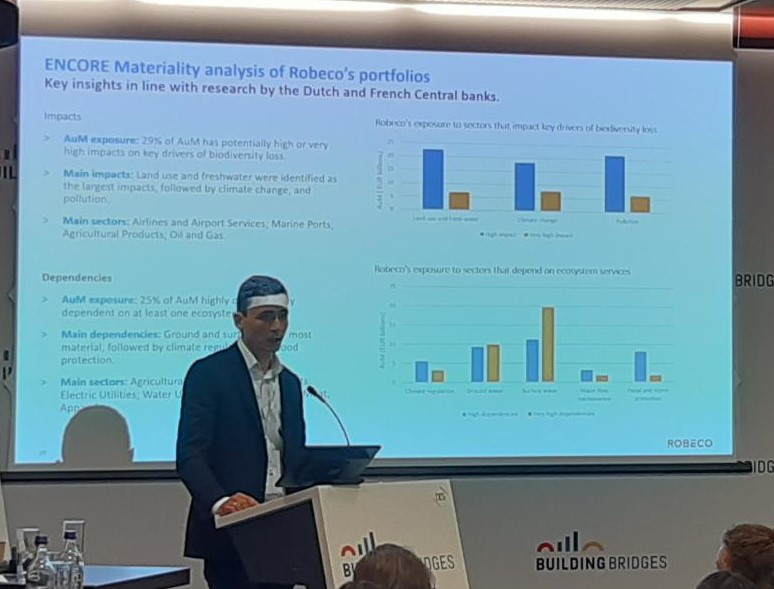
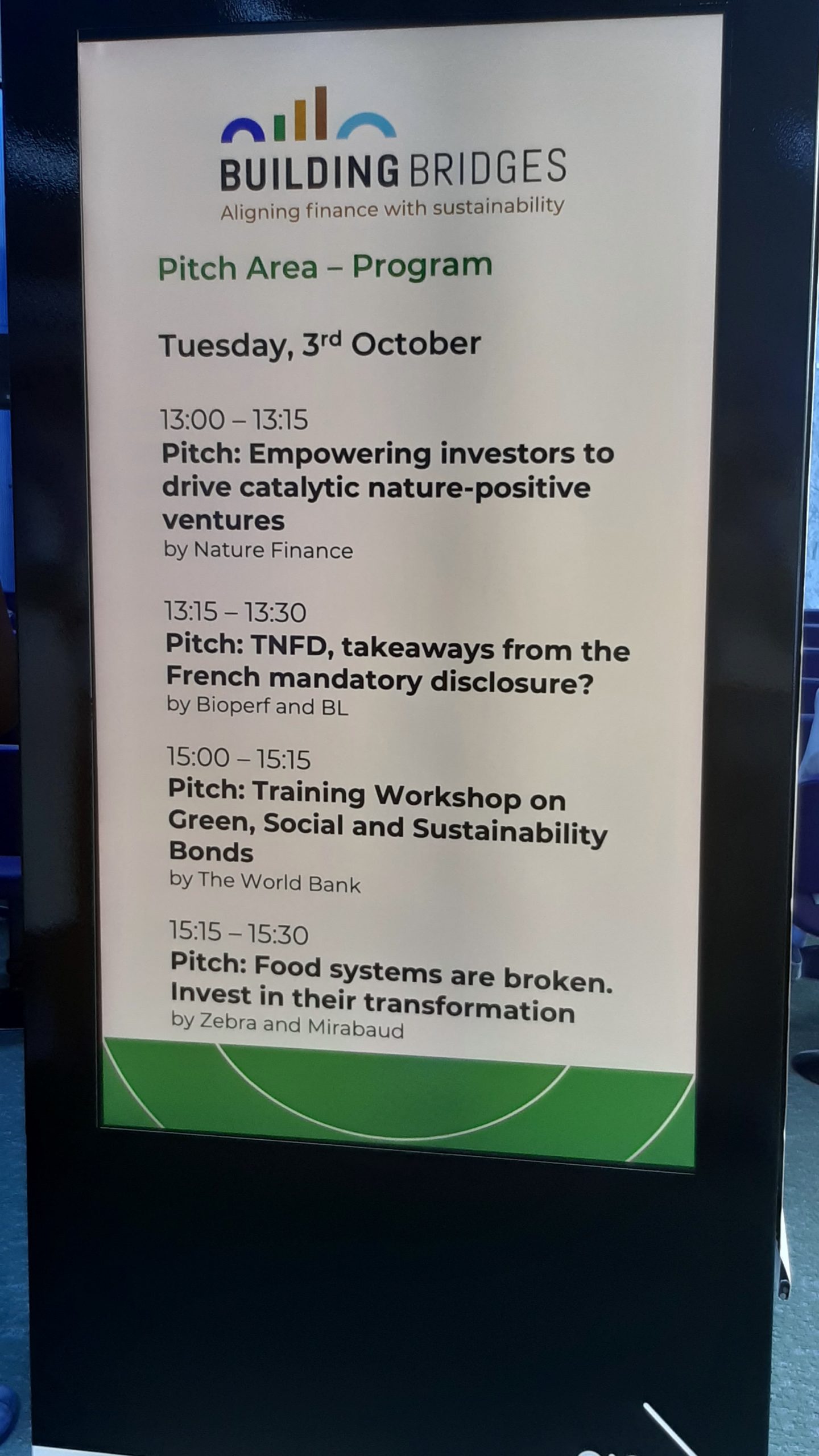
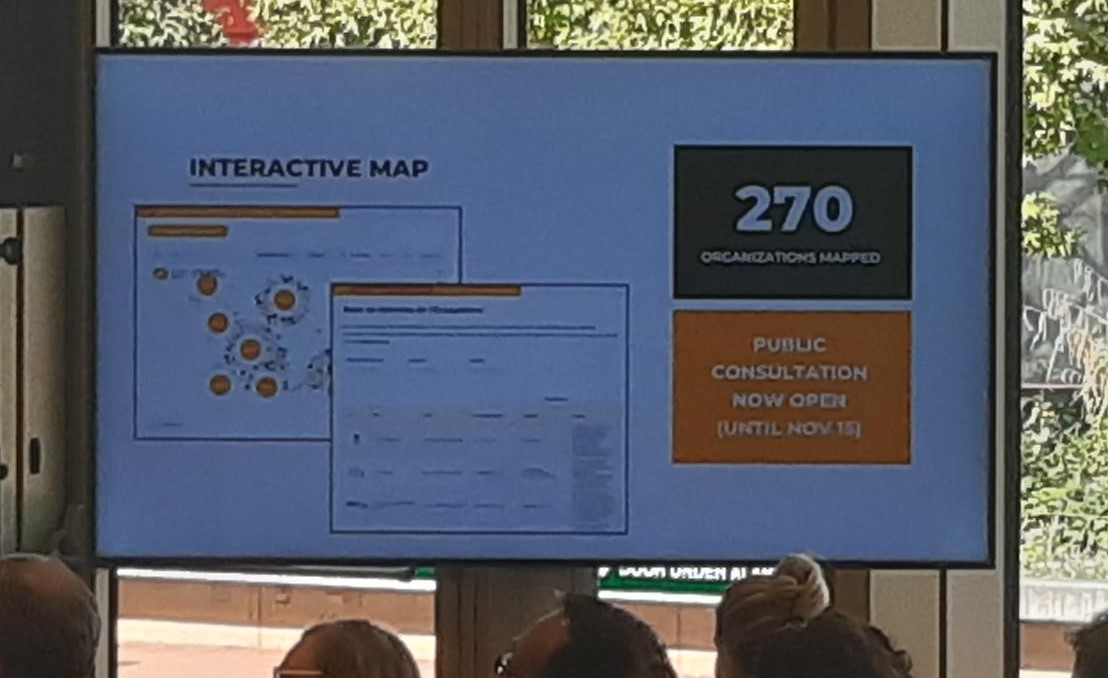
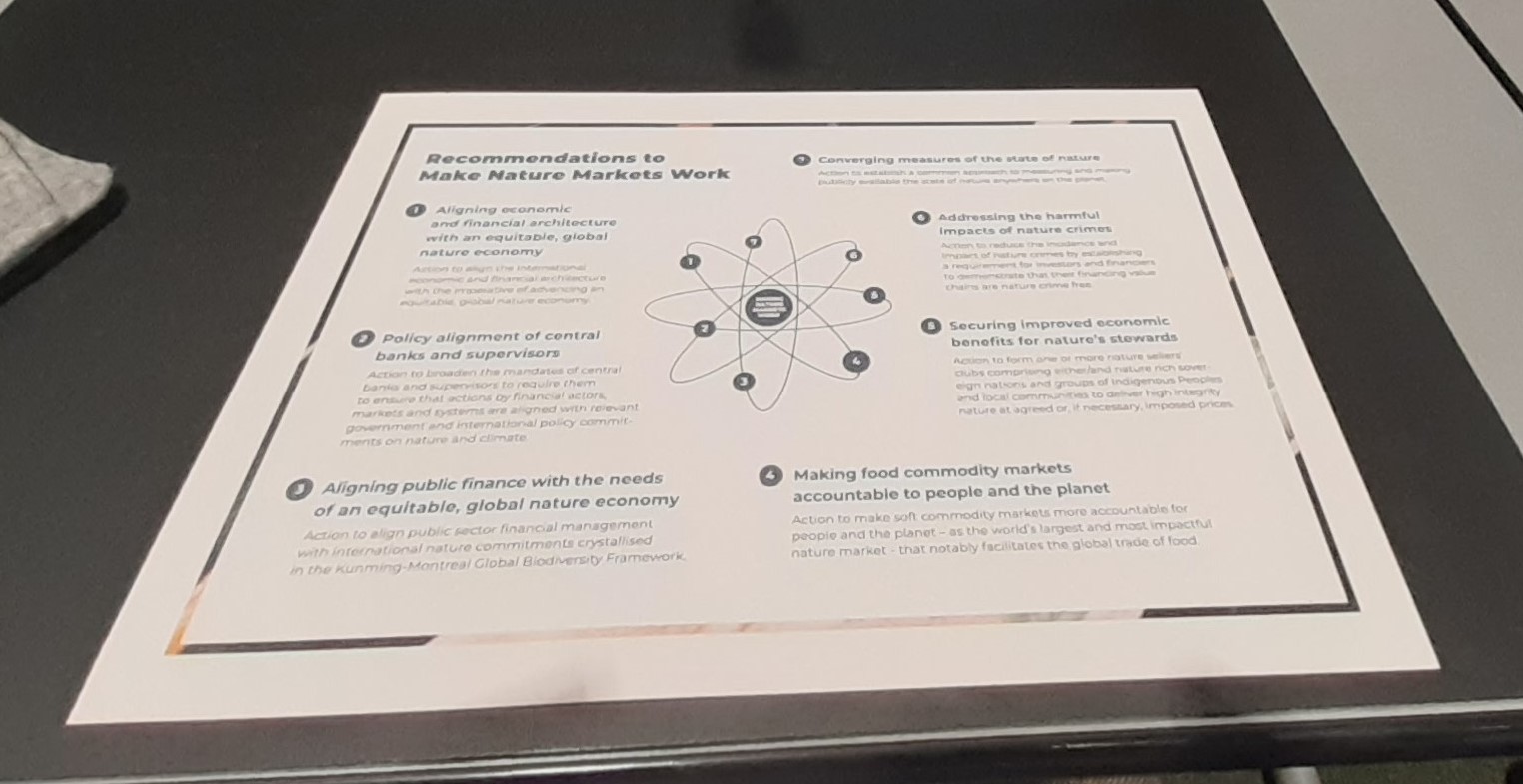
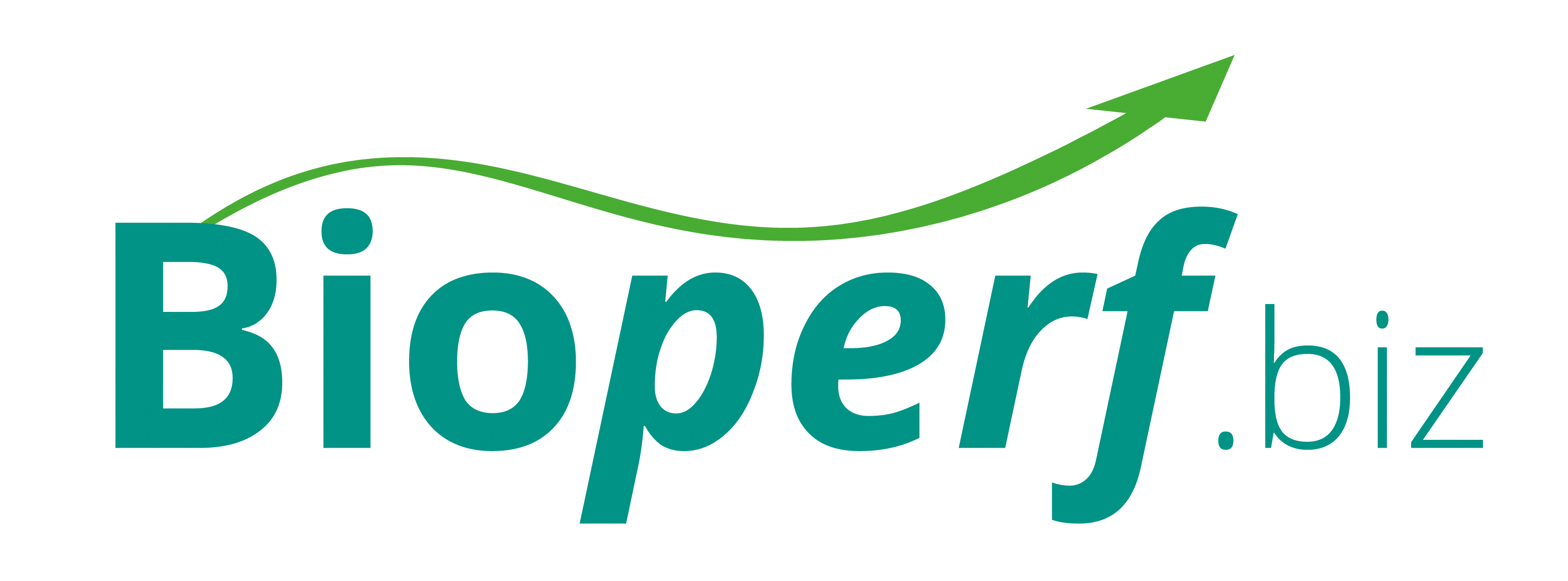
Recent Comments